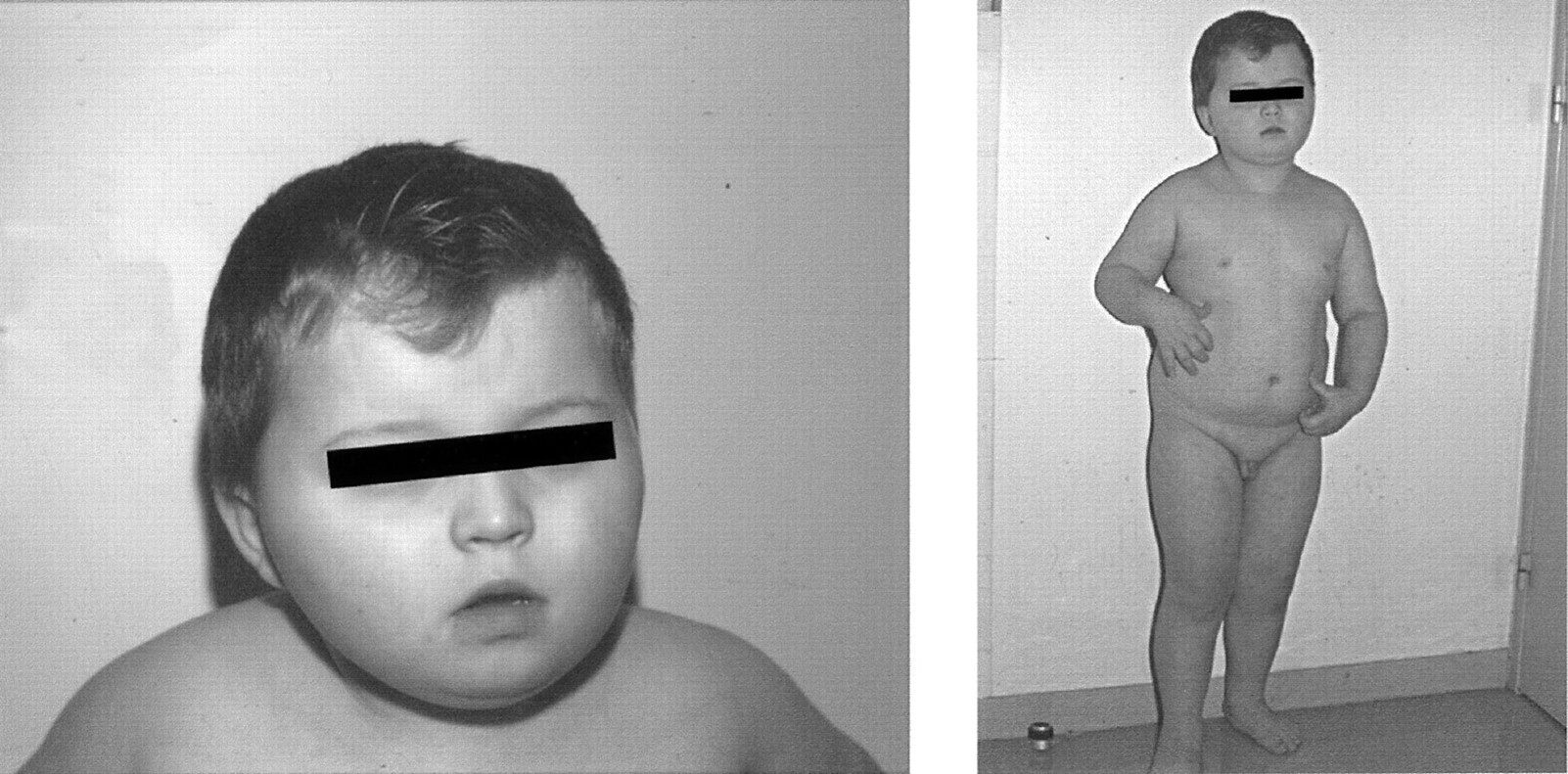
Deletion 6q16 q21 is a rare genetic disorder caused by the loss of a segment on the long arm of chromosome 6. This condition can lead to various physical, developmental, and intellectual challenges. Symptoms often include growth delays, distinctive facial features, and potential heart defects. Diagnosis typically involves genetic testing, which can confirm the missing chromosome segment. Treatment focuses on managing symptoms and may involve a team of specialists, including geneticists, cardiologists, and developmental therapists. Understanding this condition helps families and healthcare providers offer better support and care. Here are 30 essential facts about Deletion 6q16 q21 to help you grasp its impact and management.
Key Takeaways:
- Deletion 6q16-q21 is a rare genetic disorder causing physical, developmental, and intellectual challenges. Early diagnosis, tailored support, and medical monitoring are crucial for managing this condition effectively.
- Individuals with Deletion 6q16-q21 may exhibit distinct physical traits, cognitive delays, and health concerns. Early intervention, specialized education, and family support play vital roles in managing and supporting those affected.
What is Deletion 6q16-q21?
Deletion 6q16-q21 is a rare genetic disorder caused by the loss of a segment on the long arm (q) of chromosome 6. This deletion can lead to various developmental, physical, and intellectual challenges. Understanding this condition can help in managing and supporting those affected.
Genetic Basis
Understanding the genetic foundation of Deletion 6q16-q21 is crucial for grasping its implications.
- Chromosome 6: Humans have 23 pairs of chromosomes, and chromosome 6 is one of them.
- Long Arm (q): Chromosomes have two arms, short (p) and long (q). The deletion occurs on the long arm.
- Region 16 to 21: The specific segment deleted is between regions 16 and 21 on the long arm.
- Genetic Material Loss: The deletion results in the loss of genetic material, which can affect various bodily functions.
- Inheritance: This condition can be inherited from a parent or occur as a new mutation.
Physical Characteristics
Individuals with Deletion 6q16-q21 often exhibit distinct physical traits.
- Facial Features: Common facial features include a broad forehead, wide-set eyes, and a flat nasal bridge.
- Growth Delays: Many affected individuals experience growth delays, resulting in shorter stature.
- Microcephaly: Some may have a smaller head size compared to peers.
- Skeletal Abnormalities: Skeletal issues like scoliosis or joint problems can occur.
- Heart Defects: Congenital heart defects are sometimes present.
Developmental and Intellectual Impact
The deletion can significantly affect cognitive and developmental progress.
- Developmental Delays: Delays in reaching milestones like walking or talking are common.
- Intellectual Disability: Many individuals have mild to moderate intellectual disabilities.
- Speech and Language: Speech and language development can be particularly affected.
- Learning Difficulties: Learning disabilities are often present, requiring special educational support.
- Behavioral Issues: Some may exhibit behavioral challenges such as hyperactivity or anxiety.
Health Concerns
Various health issues can arise due to the genetic deletion.
- Seizures: Seizures or epilepsy can be a concern for some individuals.
- Vision Problems: Vision issues like strabismus or refractive errors are common.
- Hearing Loss: Hearing impairments may occur, necessitating regular audiological evaluations.
- Feeding Difficulties: Infants and children might have trouble feeding, leading to nutritional concerns.
- Immune System: Some individuals may have a weakened immune system, making them more susceptible to infections.
Diagnosis and Testing
Early diagnosis is key to managing Deletion 6q16-q21 effectively.
- Genetic Testing: Chromosomal microarray analysis (CMA) is often used to detect the deletion.
- Prenatal Testing: Prenatal testing like amniocentesis can identify the deletion before birth.
- Clinical Evaluation: A thorough clinical evaluation helps in understanding the extent of the condition.
- Family History: Reviewing family history can provide clues about inheritance patterns.
- Multidisciplinary Approach: Diagnosis often involves a team of specialists, including geneticists, pediatricians, and neurologists.
Management and Support
Managing Deletion 6q16-q21 requires a comprehensive approach.
- Early Intervention: Early intervention programs can help address developmental delays.
- Special Education: Tailored educational plans support learning and development.
- Therapies: Speech, occupational, and physical therapies are beneficial.
- Medical Monitoring: Regular medical check-ups are essential to monitor and manage health issues.
- Family Support: Support groups and counseling can help families navigate the challenges of the condition.
Final Thoughts on Deletion 6q16 q21
Deletion 6q16 q21 is a rare genetic condition that affects many aspects of a person's life. Understanding its impact can help families and caregivers provide better support. Symptoms can vary widely, from developmental delays to physical abnormalities. Early diagnosis and intervention are crucial for managing the condition effectively. Genetic counseling can offer valuable insights for families dealing with this deletion.
While there's no cure, therapies and educational support can improve quality of life. Staying informed and connected with medical professionals and support groups can make a significant difference. Knowledge empowers families to navigate the challenges and celebrate the milestones.
By spreading awareness, we can foster a more inclusive environment for those affected. Every bit of information helps in creating a supportive community. Let's continue to learn and share, making a positive impact on lives touched by Deletion 6q16 q21.
Frequently Asked Questions
Was this page helpful?
Our commitment to delivering trustworthy and engaging content is at the heart of what we do. Each fact on our site is contributed by real users like you, bringing a wealth of diverse insights and information. To ensure the highest standards of accuracy and reliability, our dedicated editors meticulously review each submission. This process guarantees that the facts we share are not only fascinating but also credible. Trust in our commitment to quality and authenticity as you explore and learn with us.
